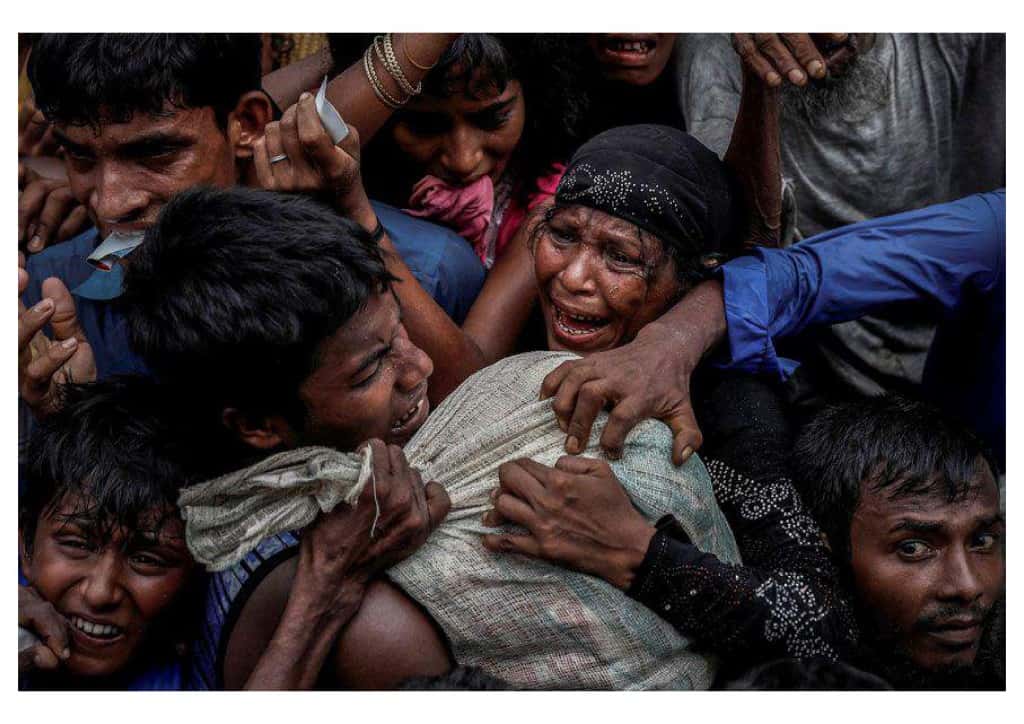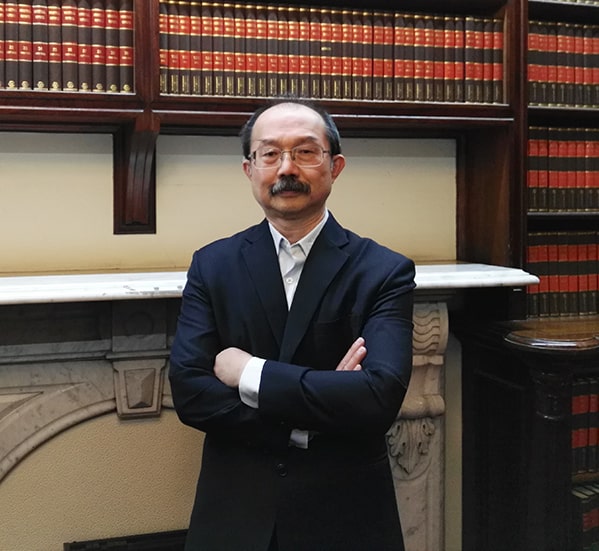Global Humanitarian (Subclass 202) or Global Special Humanitarian Class XB Subclass 202 visa: How to apply

Global humanitarian (Subclass 202) visa is for people who are forced to leave their home country because they been severely discriminated, or their human rights have been violated.
There is no requirement for applicants to be registered as a refugee by UNHCR or government authorities in their present country. However, it is preferable to be registered by UNHCR to ensure they are offered the necessary protection and care.

Queue and visa allocation
Due to the annual allocation of refugee and humanitarian visas, the Department of Immigration (Department of Home Affairs) prioritised these offshore refugee and humanitarian visas in the following order – Subclass 203, Subclass 204, Subclass 201, Subclass 200 and Subclass 202.
Australia follows the 3 durable solutions advocated by the UNHCR to provide protection needs to those who are displaced by humanitarian crises. However, the 3 durable solutions are:
- repatriation or voluntary return of asylum seekers once their home country is safe to return;
- local integration in the country of first asylum; and
- resettlement in a third country.
The Global Humanitarian (Subclass 202) visa can only be applied when the applicants are not in their home country and not in Australia.

To apply for Humanitarian (Subclass 202) visa, you will need to complete an application form and provide your address. If you have contact in Australia, they may assist you to apply under the Community Proposal Pilot or Community Support Program using a CSP form , which is completed by the approved organisation.
You may not be able to apply for Global Humanitarian (subclass 202) visa if any of the below apply to you:
- between 13 August 2012 and 31 May 2013, you entered Australia at an excised offshore place and became an unlawful non-citizen; or
- on or after 13 August 2012, you were taken to a place outside Australia (under section 245F(9) of the Migration Act 1958); or
- on or after 1 June 2013, you came to Australia by boat or as an Illegal Maritime Arrival (IMA).
When you apply for Global Humanitarian (Subclass 202) visa, you are also taken to have applied for the visas in Class XB, that is, Subclass 200, Subclass 201, Subclass 203 and Subclass 204.
If your application for a Global Humanitarian (Subclass 202) visa is refused, you will not be able to apply to the AAT (Administrative Appeals Tribunal) but you may apply to Australian court for judicial review if the decision is not made according to law.
This is a permanent visa and is valid for 5 years from the date of grant (click here to learn more about RRV 155 visa). If you do not have a passport to travel to Australia for resettlement, you will be issued with an Australian Migration Status (AMS) ImmiCard to allow you to enter Australia. Once you are in Australia, you may apply for a Convention travel document or titre de voyage or a certificate of identity. Click here to learn more about Class XB visas.
Australian migration law is complex and difficult to understand, contact our immigration lawyer for a consultation (fee applies) to help you decide if you are eligible for an offshore refugee visa (click here to find out how an immigration lawyer or registered migration agent can help you). You may also refer to our FAQs for answers regarding visa application or visa cancellation by clicking here. Click here to find other visas.


041 222 4020 or WeChat: AUDvisa
This article is not intended to be or taken as migration legal advice. The author of this article disclaims any liability for any action or omission on the information provided or not provided in this article. You should always consult an immigration lawyer or a registered migration agent to form an informed opinion on your immigration matter.



